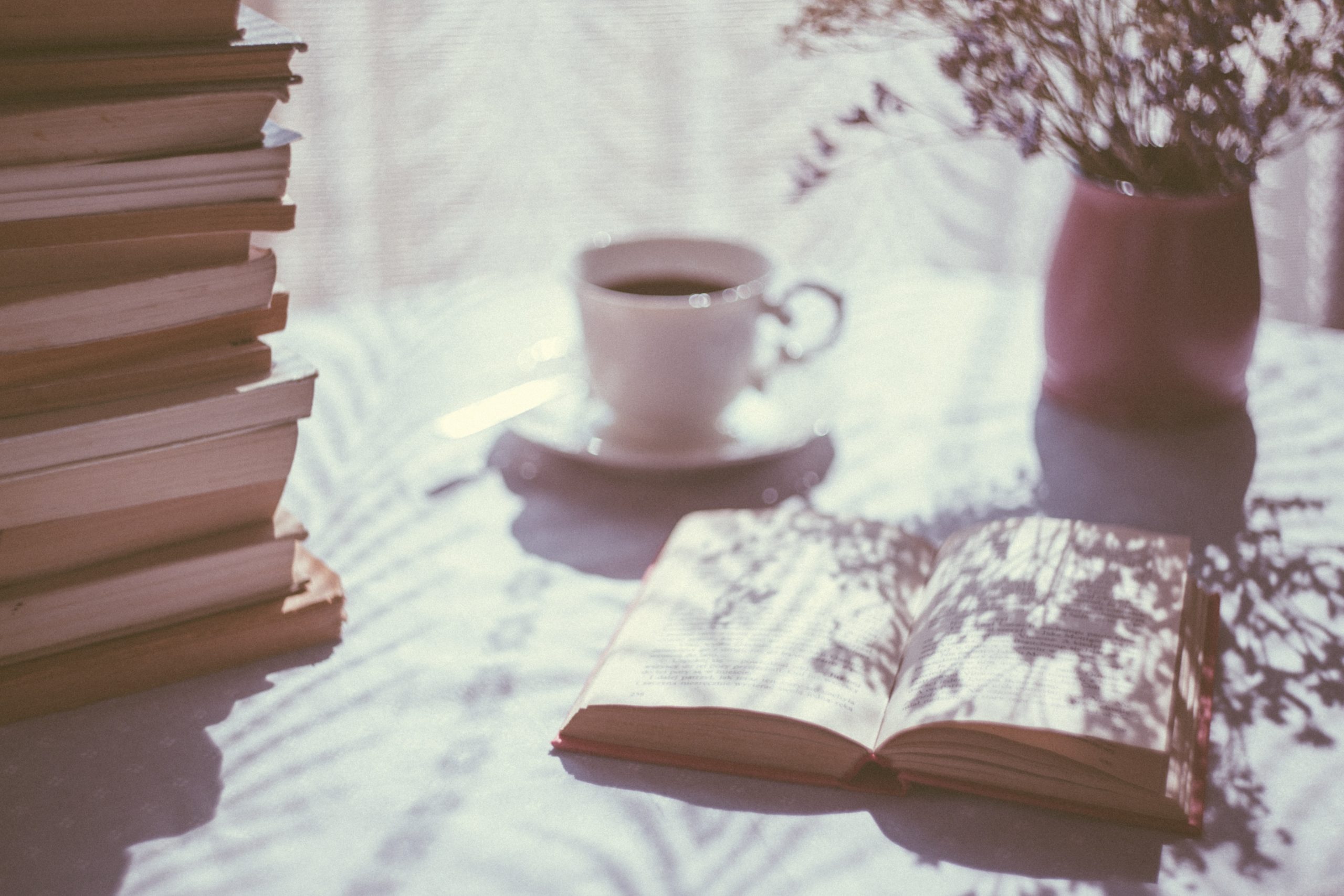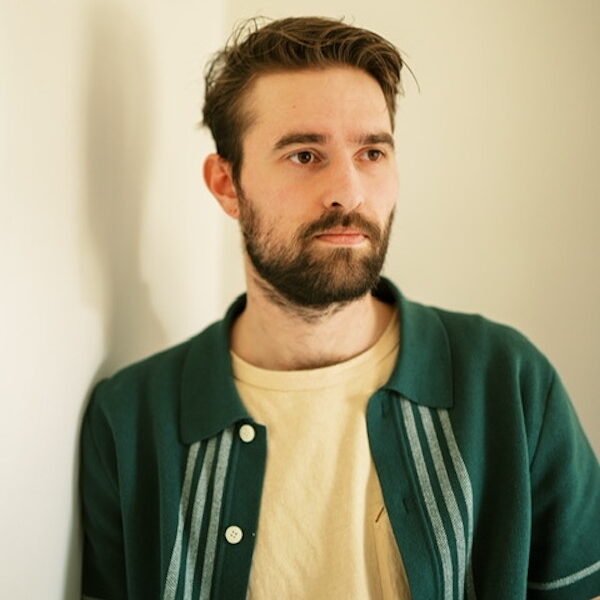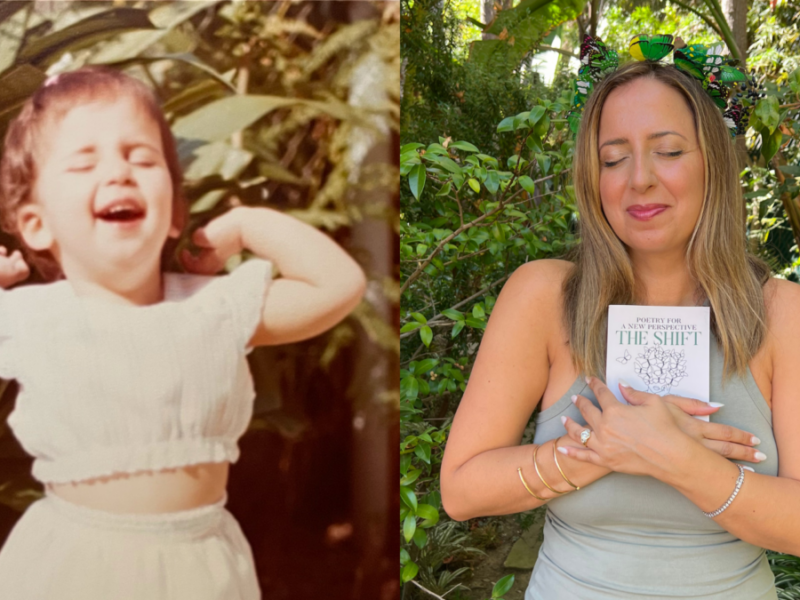Poet, essayist, and Amnesty International Speaker Imran Khan made major strides in 2019, including being nominated for Menacing Hedge’s Best of Net Award with his poem, “Carousels.” In addition to his work with Amnesty International, Khan’s poetry discusses themes surrounding Bipolar Disorder and addiction.
In our interview, Khan discusses the earliest stages of his career, finding time to write as a father, battling bipolar disorder and addiction, and his process for writing and editing his work.
Thea Voutiritsas: What first led you to writing poetry and personal essays, and at what point did you decide you wanted a career as a writer?
Imran Khan: To provide some context, when I was at Primary (or elementary) school, our teacher would go round our class and ask us what we would like to be when we grew up. I’ve forgotten what my first answer was, but remember my parents insisting that should she ask us again, I should reply with ‘Chartered Accountant’. I had little idea what these words meant—I knew they had something to do with numbers but, for all I knew, the job could’ve been counting tadpoles in somebody’s back garden pond. As it happened, the teacher asked us fairly regularly and amidst the standard answers of footballer, singer, astronaut, and acrobat, came the grim response ‘chartered accountant.’
Then, about five years later, when I was at Secondary (or high) school, my sister talent-spotted me and used to commission me to write poems for her boyfriends which she would then claim for herself. The standard pay was two chocolate bars. This continued for a couple of years and encouraged me to hone my craft for the sake of her boyfriends. As mentioned, my parents always wanted me—and still do—to be an accountant, so I met considerable resistance there. When my father stormed into my room to find me writing lines of verse to what he believed to be imaginary men, life wasn’t much fun. To his and my mother’s considerable upset, I studied English Literature at university rather than Accounting. Whilst there, I was fortunate to win the Thomas Hardy Prize which gave me the belief that I could pursue writing as a career.
TV: In what ways has poetry helped you cope with bipolar disorder? You mentioned the rhythm of poetry being a great healer—do you find this more through the process of reading poetry or writing?
IK: This is an interesting question. With regard to the rhythm of poetry, I’d say I gain more through the process of creation. I’m at my most tranquil when my mind is focussed on building music within poems. In relation to the highs and lows of bipolar disorder, when I’m manic, the process of painstakingly choosing words and patterns of rhythm forces my mind to find control. When I’m experiencing the other side of bipolar disorder, my brain latches onto difficult experiences. This leads to a feeling of entrapment. Poetry forces me to focus outwards, to make these feelings relevant to something in the wider human condition. This is very helpful in a therapeutic sense. Also, when I deign to unpick or at least acknowledge, the implications of a particular negative thought or experience, I gain a lot of relief. There are poems, from Simic and Bazzett in particular, that have resonated strongly with me and provided similar relief.
TV: What benefits and challenges have you found in confronting addiction through writing?
IK: As a father, I don’t always have enough time to write, which means that, if I’m not writing, those thoughts have an opportunity to surface. On the plus side, I can produce masses of work because I’m addicted to the process of writing itself. Writing is my addiction but also my vocation. This is a challenge because it’s how I make money but is also something I have to manage.
TV: Who are some of your favorite poets and how have they influenced you as a writer?
IK: I would pick Charles Simic, Michelle Bitting, Jim Daniels, and Michael Bazzett. What resonates with me is how they report their visions of the world, balancing the beauties and evils. Each of them takes chances with the line between humor and tragedy. I try to build my poems along that line because life is like that and I strive to reflect and comment on the absurdities of human experience within my writing.
TV: Can you tell us a bit about your editing process? What sorts of choices do you make when taking a piece from its first draft to the final form?
IK: My poems are often assembled over a few stages. First, words and images float around in my head to the point it becomes obsessive. Then, I set about writing them, often frantically, when I find (or am given) time to write. I return back to them after a few days, sometimes longer, to read them over. If the words do not strike at the truth, I abandon the poem. Often, the first draft might need tightening because the flow isn’t as smooth as it could be, or an image isn’t vivid enough. Sometimes the choice involves whether to change the form of the poem entirely, at other times it may involve reworking a few lines to make them more intimate and meaningful.
TV: The process of sharing your writing surely comes with many triumphs and rejections. How do you celebrate your triumphs and how do you handle rejection?
IK: With rejection, my addictions come to the forefront. Food is the outlet I gravitate towards now—normally eating bread alone in a dark room. There’s no elegance to it, the bread is just picked at furiously with my fingers. With triumphs, I take my family out for a nice meal, normally a ‘Harvester.’ For those of you who aren’t familiar with that restaurant, they have a lovely salad and bakery section.
TV: You mentioned that, in retrospect, you can see some of the humor in past decisions you’ve made en route to becoming a writer. Do you have a story you’d like to share?
IK: As an undergraduate student, I created a character called ‘Dr. Prakash Sexy’ because I thought that it would be a way into having a creative career. He was a quintessential Indian love guru. The moral of the story is that when I was trying to find an outlet for my writing during early adulthood, I felt compelled to be outlandish and superficial, but as I matured, I found that the more truthful I was to my feelings and experiences, the more successful I became. Dr. Prakash is now on the shelf until retirement. Here’s a link to one of his promotional videos if you’re interested (this was done almost ten years ago). Although the video now has over 32,000 views (far more than any other piece of work I’ve done since), I feel detached from it.
TV: If anything, what is the one thing you’d like to be known for as a poet?
IK: As a poet, I would like to be thought of as someone who provokes people to interact with feelings they might find difficult to acknowledge.
 You can find more of Imran Khan’s work in the Thomas Hardy Journal (in which he won the 2011 Thomas Hardy Award for Poetry), West Trade Review, Routledge, the Rumpus, The Bitter Oleander, Juked, Heavy Feather Review, and beyond. Today, Khan lives in Christchurch, Dorset with his wife and children.
You can find more of Imran Khan’s work in the Thomas Hardy Journal (in which he won the 2011 Thomas Hardy Award for Poetry), West Trade Review, Routledge, the Rumpus, The Bitter Oleander, Juked, Heavy Feather Review, and beyond. Today, Khan lives in Christchurch, Dorset with his wife and children.




